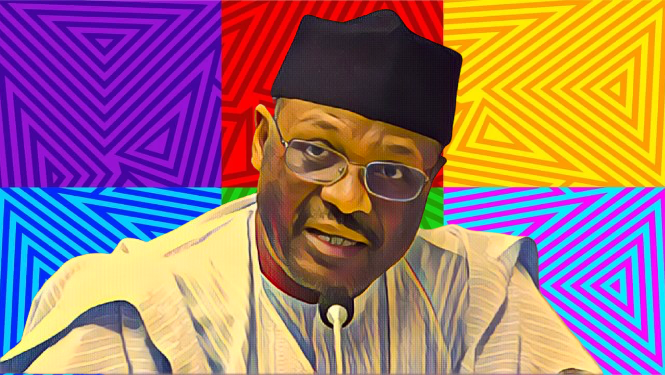KEY POINTS
- INEC sets Anambra governorship election for November 8, 2025.
- Political parties urged to align their schedules with INEC’s timetable.
- Ondo State PVC collection ongoing in preparation for November 16 election.
The next Anambra State governorship election is scheduled for November 8, 2025, according to the Independent National Electoral Commission (INEC).
This decision complies with the legal criteria of the 2022 Electoral Act and was made during a consultative meeting with political parties in Abuja.
Key timelines announced
In order to ensure that the commission conforms with Section 28(1) of the Electoral Act, INEC Chairman Prof. Mahmood Yakubu stated that the official notice for the election will be sent out on November 13, 2024.
According to the statute, an election notice must be published at least 360 days before the election.
“The Anambra governorship election is set for Saturday, November 8, 2025, in accordance with the legal framework,” Yakubu said, stressing that the commission will follow the procedure’s specified timeline.
Yakubu also disclosed the crucial election dates, such as March 20, 2025, when party primary will begin. The final list of candidates will be released on June 9, 2025, after the primaries conclude on April 10, 2025, and the nomination period ends on May 12, 2025.
Officially, political parties will start their public campaigns on June 11, 2025, and run it until November 6, 2025.
INEC prepares for key activities
In the run-up to the election, Yakubu also described further electoral efforts. The procedures for registering new voters, transferring existing voters, and replacing lost or damaged Permanent Voter Cards (PVCs) will shortly be made public by INEC.
He promised to post a comprehensive election schedule and timetable on the commission’s website and social media accounts.
Political parties will also receive hard copies of the schedule to let them adjust their timetables to fit INEC’s program. “This will guarantee that the procedure proceeds without hiccups at the last minute,” Yakubu stated.
Yakubu encouraged all political parties to create their own primaries and campaign calendars using the election schedule. “This will help INEC plan better for deploying resources and personnel for monitoring these activities across the state.”
Ondo Governorship election plans
Regarding the forthcoming governorship election in Ondo State, Yakubu stated that INEC has effectively finished ten of the thirteen tasks specified in the election schedule.
Publicizing the notice of poll and getting ready for the actual voting day, which is set for November 16, 2024, are the next important duties.
Additionally, he mentioned that Permanent Voter Cards (PVCs) from the most recent round of continuous voter registration had begun to be collected throughout Ondo State.
“From October 17 to 21, voters can collect their cards at their respective wards, after which they will be available at INEC’s local government offices.”
Concerns raised by political parties
Mr. Yusuf Dantalle, the National Chairman of the Inter-Party Advisory Council (IPAC), asked INEC to enhance its electoral procedures at the meeting, especially with regard to the election for the governorship of Ondo.
In order to prevent technical difficulties, he urged for a more smooth implementation of the Bimodal Voter Accreditation System (BVAS) and raised worries about logistical problems, such as the delayed delivery of election materials.
Dantalle emphasized that “Nigerians expect transparency in the conduct of these elections,” and that INEC must make sure that everything runs well on election day, especially when it comes to the results collation.
Vote trading and voter participation
According to Vanguard, Dantalle also talked on the issue of vote-trading, which has hampered Nigeria’s recent elections.
In order to restore political accountability in Nigeria’s elections, he urged security forces to step up their efforts to apprehend and prosecute vote-trading purchasers and sellers.
Dantalle cautioned that “vote buying is eroding public confidence in the electoral process” and demanded tougher steps to stop the practice.
In order to increase voter turnout and general confidence in the political process, he also urged the administration to address the persistent economic difficulties that residents face.



